The warning signs have been there for at least 10 years, and we’ve not left Nigerians uninformed. Now, even the blind can see that any further hiccup in oil prices would send the nation’s economy crashing finally. The string that has held the economy is oil alone.
One of IPOB leader Nnamdi Kanu’s predictions has just come to pass: “A time shall come,” he said three years ago, “when your money will not be safe in the bank.” Implementation of the Central Bank’s “Cashless Policy” from September 18 is a fulfilment of Kanu’s prophecy. If you deposit as little as N500, 000 you lose N10, 000 and N15, 000 again when you or your loved one wishes to withdraw same. The government and your bank share the N25, 000 pilfered. You can therefore imagine what richer bank customers (e.g. employers who pay their workers’ wages) are to lose, for some pay casual workers up to N20million in cash each month. And this is different from the “normal” bank charges you pay for leaving your money in the bank or transferring money from one account to another – for these transactions, your bank withdraws its fees at source, and may inform you by SMS. Your own money!
Yet, electronic bank transactions haven’t been foolproof in Nigeria. These days, armed robbers operate with POS machines. Some force their victim, at gunpoint, to use their phone to transfer their life savings to the criminals’ account right away. When it happened to my neighbour on the last day of July this year, I accosted a police officer “investigating” the robbery and he told me pointblank that the transaction could never be traced. Not by the Central Bank, not by my neighbour’s bank, and not by the EFCC! In effect, the bank verification number (BVN) and other digital nonsense we’ve been subjected to, in recent years, are not helpful. “It’s a fake [banking] policy. The country itself is fake,” the policeman told me.
Nigeria has become hell on earth for its inhabitants. Whenever government is broke, it invents new policies to mop up funds from helpless bank depositors. The “Cashless Policy”, for instance, was preceded by increment in the value-added tax (VAT) from 5% to 7.2 or 7.5%. Never mind the legislators’ directive that it be suspended; there are no checks and balances anymore, if ever there were.
Advertisement
The tax authorities are also on the necks of businesspeople; it doesn’t matter whether you’re making profits or not. I hear that that Federal Inland Revenue Service (FIRS) has been mandated to seize the deposits of companies that default in tax payment. The Nigeria Customs Service has closed the borders: you can’t buy or sell food items and other essential things. Consequently, a bag of rice now goes for N21, 000+, and the price is likely to keep rising as the economic crisis deepens.
What have we done wrong to deserve these treatments? There’s no electricity to power industries or other favourable infrastructure necessary for businesses to thrive and create jobs, and yet the few struggling ones are taxed to death. Only criminals are left to roam freely – scam artists and drug barons still ply their trades unmolested. Most of the time, the EFCC, ICPC and now NFIU show interest in politically exposed persons. Even then, they merely scratch the surface: the wealthiest Nigerians are still those who plunder or plundered the public treasury.
Government may be monitoring money stored in banks, but a lot of cash is still outside the banking system. Looters, I’ve learned, have built bunkers in which are stored hundreds of billions of naira; many are guarded by armed soldiers. Don’t wonder how these pieces of information escape. Go to Ariara or Dei-Dei or Alaba market and listen to big-time traders; they’d tell you how goods are paid for. Some buyers enter the market with as much as N60million cash. On occasion, the EFCC or NDLEA, acting on privileged information, follow the looters, drug barons or their agents to markets and arrest them. But you can bet on the power of liquid cash: the agents often get settled; and nobody remembers what they had read as EFCC press releases announcing the arrest of “economic saboteurs”.
Advertisement
It’s now certain that the country is broke, even as a barrel of crude oil still fetches $70+. What if it plummeted to $40? And what if, as is expected within the next 20 years, the oil in the Niger Delta dries up or becomes useless? The future of Nigerians yet unborn has been mortgaged already.
The white man is very clever: I suspect the advanced countries already know when oil will finish or become useless, and that’s why they’ve outlawed production of fossil fuel-powered vehicles by 2040. Electric cars are already here. What will make Nigeria competitive in the global arena?
The best indication that Nigeria is broke is its current debt profile. The federal government’s foreign debt now stands at $25.6billion and local debt $55.6billion. Now it’s seeking $2.5billion from the World Bank. How shall we pay back? There is a limit to what government can generate from high taxes – the people who are supposed to pay are already drained. We can’t even produce enough food for local consumption, much less export. And we’re nowhere in technology. Only a few of us still run our businesses on generators; we’re doing so not because it’s profitable to do so but because we’re helpless. Less patient entrepreneurs have migrated to well-run nations, but some of us have chosen to remain where God planted us.
There is, therefore, no cause for anyone to remain hopeful as government battles to save itself. The minimum wage will not be paid. Many states have yet to pay the N18, 000, minimum wage passed into law eight years ago; so how can they pay N30, 000?
Advertisement
Of course, they may decide to pay even N200, 000 as minimum wage. That should be expected after they’ve devalued the naira. If they made the naira as worthless as the Zimbabwean dollar, they’d be able to pay civil servants much more. But when that day comes, we should expect to pay maybe N20, 000 for a loaf of bread. In Zimbabwe, a loaf goes for $2billion! The value of money is what it can buy.
That day is not far ahead. I guess naira devaluation is the reason President Buhari has constituted an Economic Advisory Council chaired by Prof. Doyin Salami and with eggheads like Prof. Chukwuma Soludo and Bismark Rewane as members. I pity the advisers. They can’t invent any magic wand for reviving the economy while they expose themselves to the people’s wrath. Not only would they be unable to agree on the best economic remedies to recommend, government might not implement their prescriptions. Will they advise against devaluation? Soludo may reintroduce his redenomination idea – striking out two zeros from our currency – which President Yar’Adua rejected 11 years ago. Or will they provide regular electricity for Nigeria?
As these things happen, I wonder who is truly in charge of Nigeria. It certainly is not the Buhari I knew and admired up until 2016. At this point, I urge other patriotic Nigerians to reexamine the claim in certain quarters that an unelected cabal has been running the country. There’s no patriotic cabal anywhere in the world. Under the cover of anonymity, it could do anything so long as it doesn’t take responsibility for its actions. The $9.6billion judgment debt awarded to P&ID against the Nigerian government is instructive.
When the economy finally crashes, nobody should hope to be spared. We all go to the same markets. Armed robbers, terrorists and kidnappers don’t discriminate against their victims – they hardly consider one’s tribe, religion or status before they strike. We’re in this mess together.
Advertisement
Nwamu, an entrepreneur, is the CEO of Eyeway.ng
+234-8054100220 (SMS/WhatsApp only)
Advertisement
Views expressed by contributors are strictly personal and not of TheCable.
1 comments
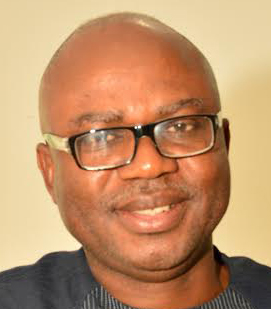
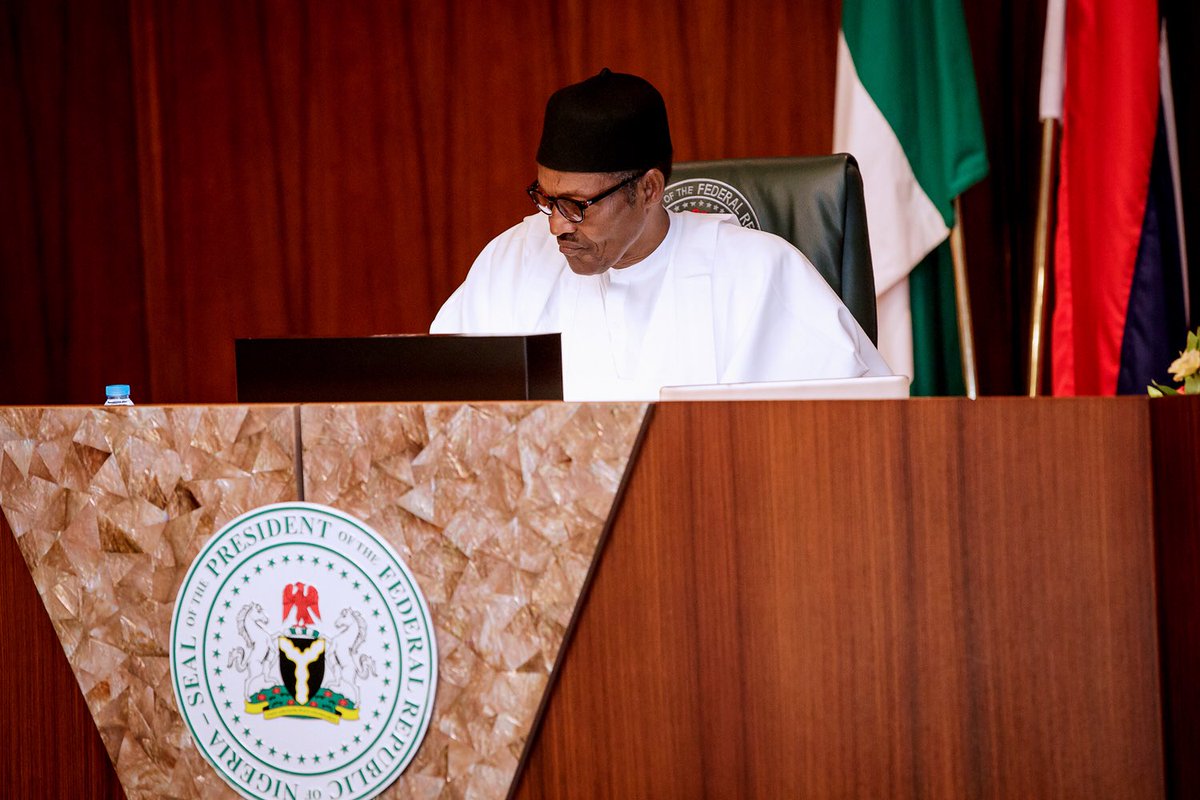
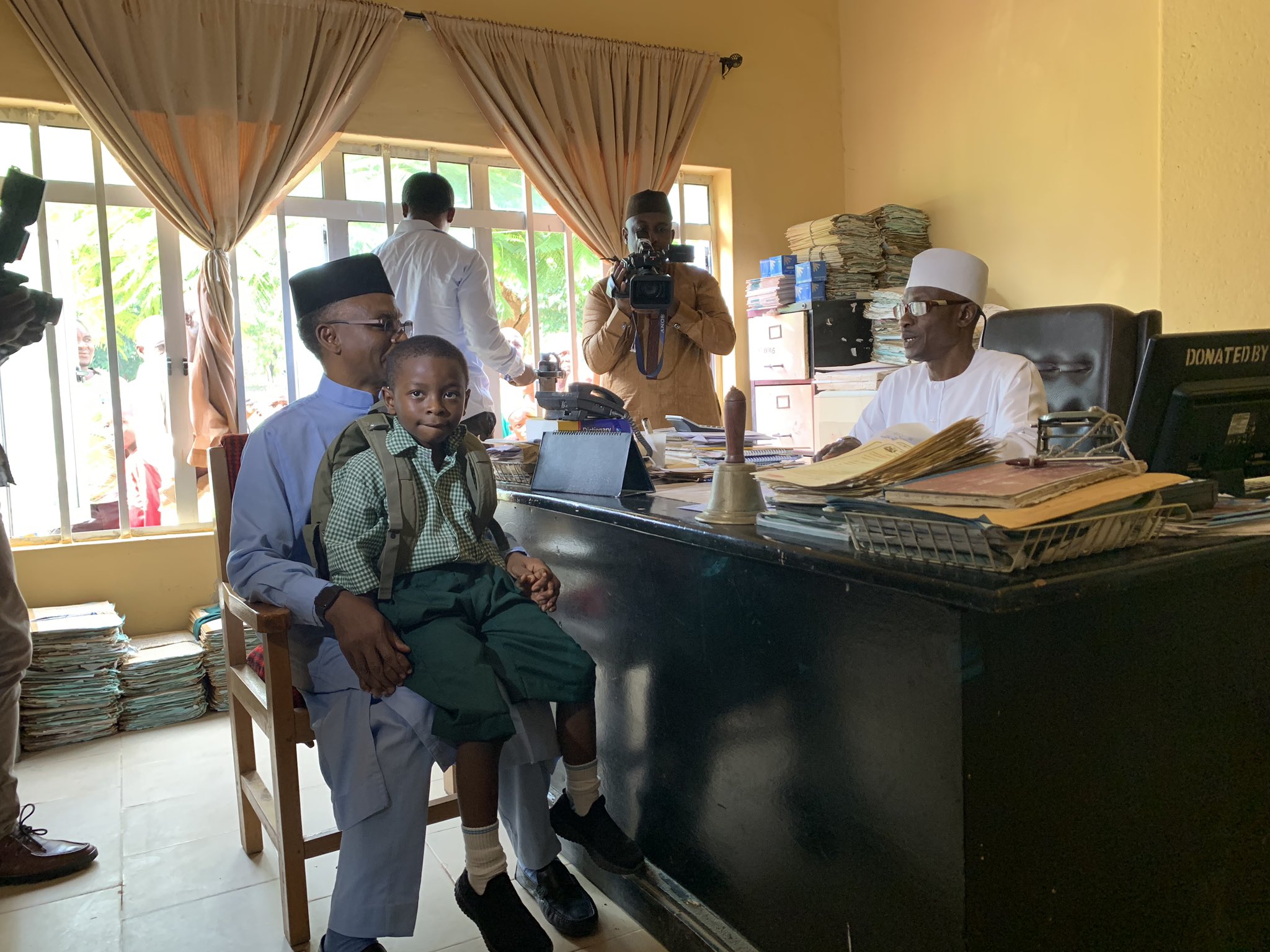
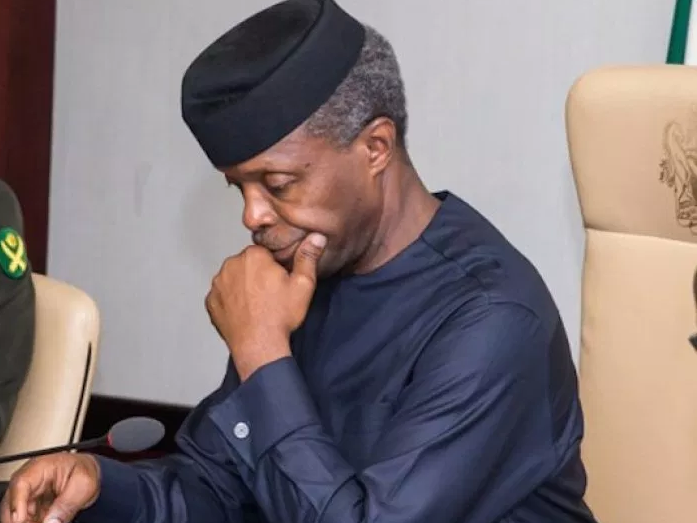
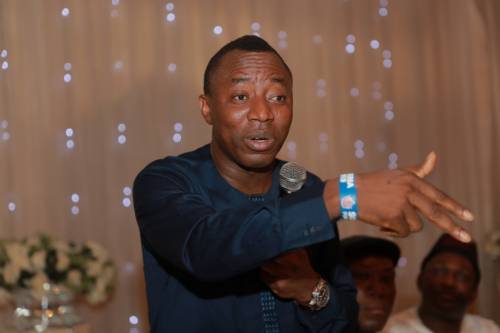
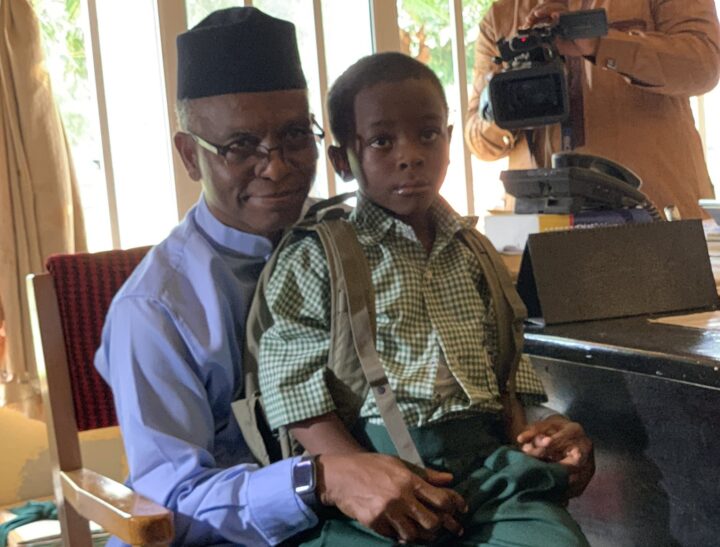
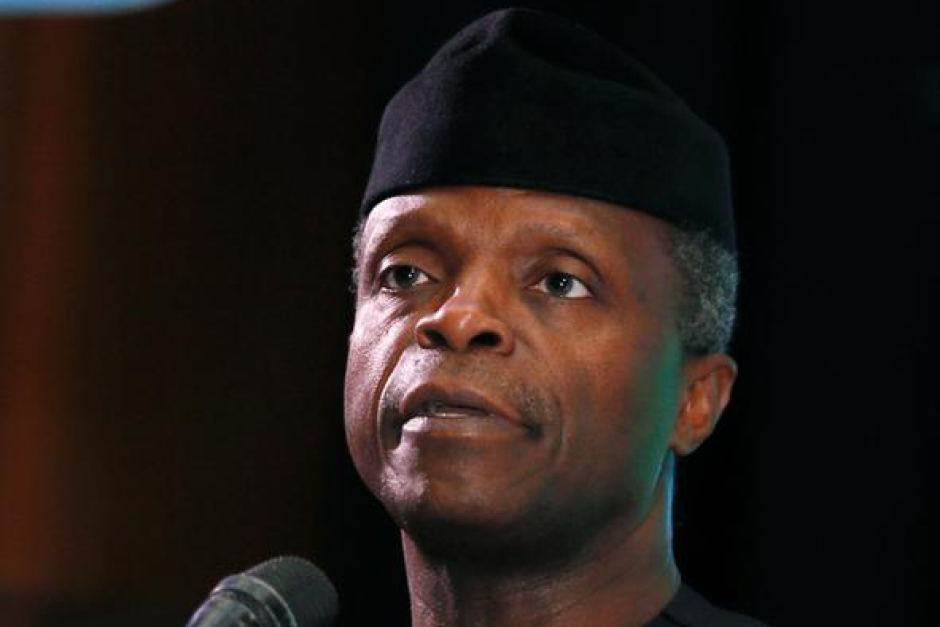
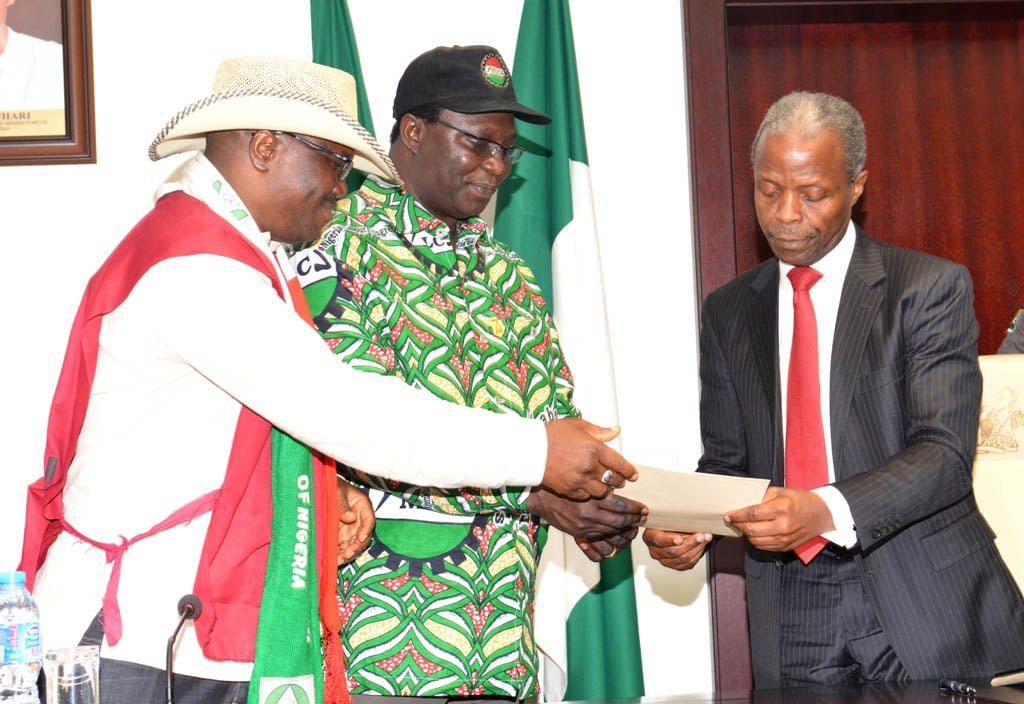
Articles like this have been floating around since my high school days. But Nigeria is still here and kicking. And as I write a lot of people I know are making millions from genuine businesses even without regular power. Times are hard no doubt, and things will continue to be tough. You just have to know where to find opportunities that yield good returns. The people that will really loose are people who sit on their hands thinking that Nigeria will soon go burst!